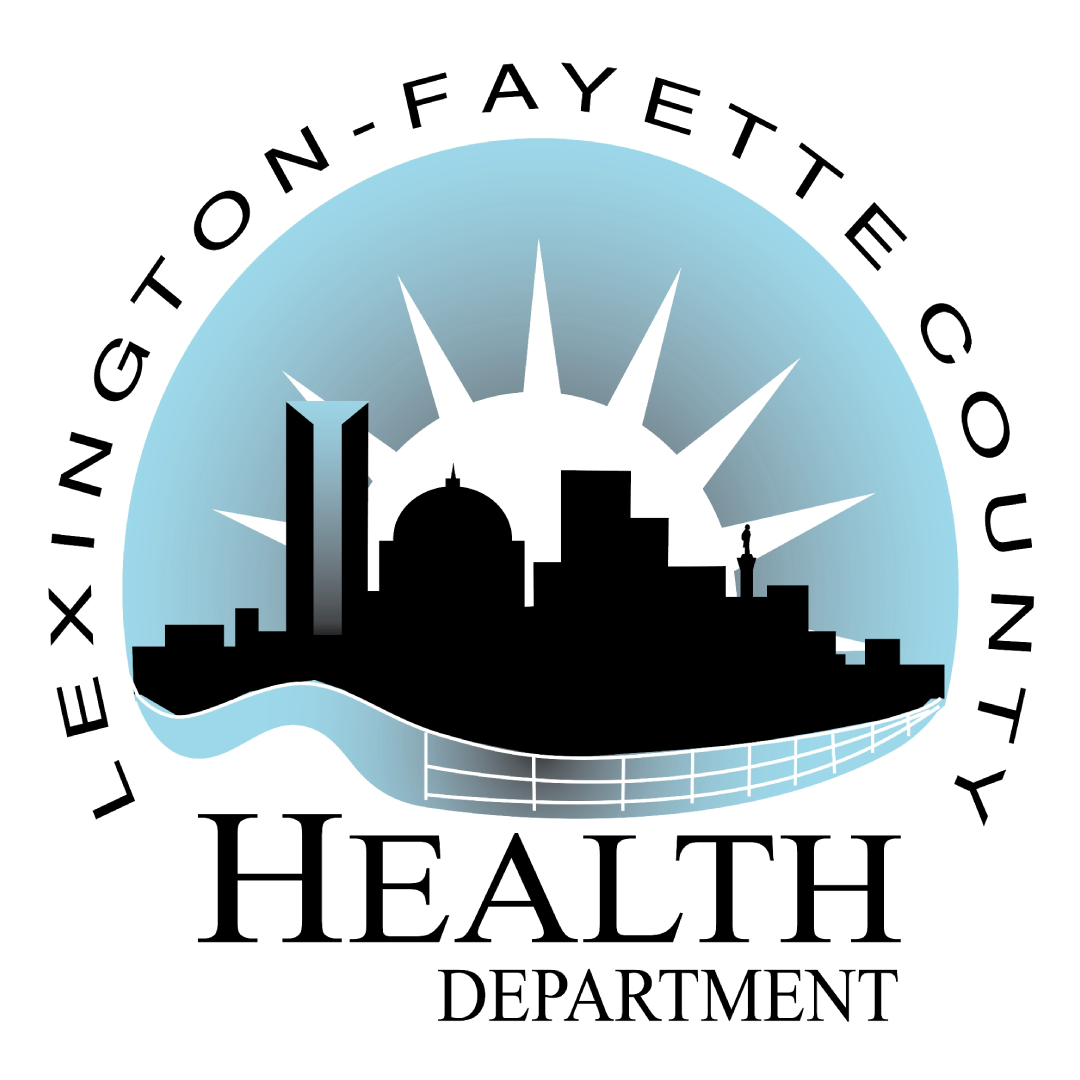What is an STI?
A sexually transmitted infection (STI) is caused by a virus, bacteria, or parasite that spreads from person to person through sexual contact. The infection causes symptoms of disease to develop, and the infection becomes known as a sexually transmitted disease (STD). Many STIs have no symptoms which is why STI testing is so important for all sexually active people.
No one is turned away for inability to pay.
Sexually transmitted diseases (STDs) are also called sexually transmitted infections (STIs). STIs are caused by either bacteria, viruses or parasites. STIs are spread through oral, anal, or vaginal sexual activity and pass from person to person in blood, semen, or vaginal fluid.
What we can provide.
An overarching goal of public health is infection prevention, meaning to identify and treat infections before they develop into disease, and to limiting the spread of disease.
STI clinic provides testing and treatment for the following diseases:
Disease |
Testing |
Treatment |
| Chlamydia | Yes | Yes |
| Gonorrhea | Yes | Yes |
| Hepatitis C | Yes | No* |
| Herpes | Yes** | Yes |
| HIV | Yes | No* |
| Syphilis | Yes | Yes |
| Trichomoniasis | Yes | Yes |
*LFCHD will refer to a provider for treatment. **Herpes testing is only available when symptoms are present.
STI Screenings - Clinical Services
Lexington-Fayette County Health Department operates a specialty STI Clinic that will test, diagnose and treat those exposed to or with current STIs.
Learn more about these diseases
Frequently Asked Questions
How common is condition?
Rare (Fewer than 200,000 cases per year in US)
Is condition treatable?
Treatable by a medical professional
Does diagnosis require lab test or imaging?
Requires lab test or imaging.
Time taken for recovery.
Can last several days or weeks.
How is condition transmitted?
Transmitted through sexual contact.
Common for ages 18-35
More common in males.
Causes
HIV is caused by a virus. It can spread through sexual contact, shooting of illicit drugs or use of shared needles, and contact with infected blood. It also can spread from parent to child during pregnancy, childbirth or breastfeeding.
HIV destroys white blood cells called CD4 T cells. These cells play a large role in helping the body fight disease. The fewer CD4 T cells you have, the weaker your immune system becomes.
How does HIV become AIDS?
You can have an HIV infection with few or no symptoms for years before it turns into AIDS. AIDS is diagnosed when the CD4 T cell count falls below 200 or you have a complication you get only if you have AIDS, such as a serious infection or cancer.
How HIV spreads
You can get infected with HIV if infected blood, semen or fluids from a vagina enter your body. This can happen when you:
- Have sex. You may become infected if you have vaginal or anal sex with an infected partner. Oral sex carries less risk. The virus can enter your body through mouth sores or small tears that can happen in the rectum or vagina during sex.
- Share needles to inject illicit drugs. Sharing needles and syringes that have been infected puts you at high risk of HIV and other infectious diseases, such as hepatitis.
- Have a blood transfusion. Sometimes the virus may be transmitted through blood from a donor. Hospitals and blood banks screen the blood supply for HIV. So this risk is small in places where these precautions are taken. The risk may be higher in resource-poor countries that are not able to screen all donated blood.
- Have a pregnancy, give birth or breastfeed. Pregnant people who have HIV can pass the virus to their babies. People who are HIV positive and get treatment for the infection during pregnancy can greatly lower the risk to their babies.
How HIV doesn’t spread
You can’t become infected with HIV through casual contact. That means you can’t catch HIV or get AIDS by hugging, kissing, dancing or shaking hands with someone who has the infection.
HIV isn’t spread through air, water or insect bites. You can’t get HIV by donating blood.
